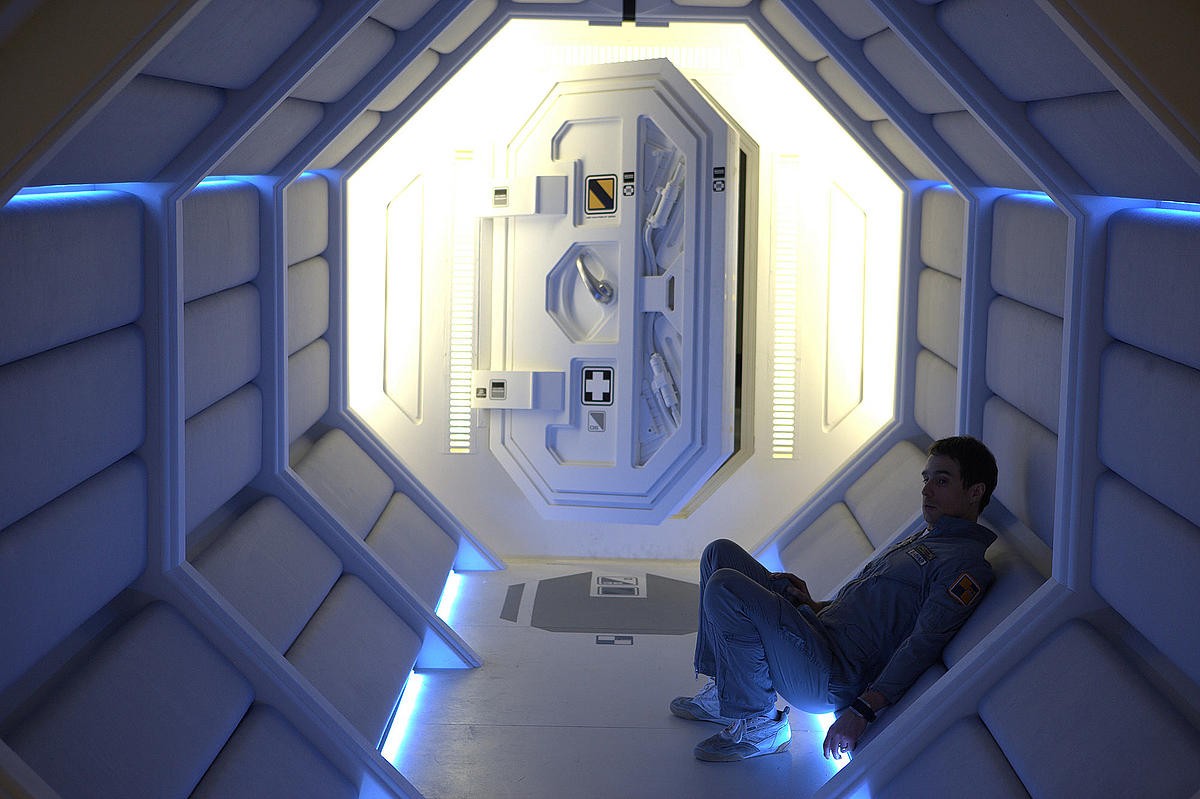
By Matt Brunson
MOON
***1/2
DIRECTED BY Duncan Jones
STARS Sam Rockwell, Kevin Spacey
With Ziggy Stardust for a father, Major Tom for an uncle and, presumably, the spiders from Mars for assorted in-laws, is it any wonder that Duncan Jones chose a science fiction project to mark his feature film debut?
Jones, of course, is the son of rock legend David Bowie, but after Moon, it's guaranteed that he'll be recognized as a talented artist in his own right. Serving as director and coming up with the original story (Nathan Parker wrote the actual screenplay), Jones has crafted a unique sci-fi yarn that pays tribute to such works as 2001: A Space Odyssey and Silent Running while also heading off in its own giddy direction.
Sam Rockwell, an actor whose twitchy turns generally drive me up the wall, tones down the quirks to deliver an excellent performance as Sam Bell, an astronaut and employee for the futuristic corporation Lunar Enterprises. It's long been discovered that the moon can provide Earth with its energy; Sam is the man on the moon, tasked with overseeing this operation. But he's mighty lonely up there, talking to himself as much as he talks to the base's mobile computer GERTY (voiced by Kevin Spacey). Fortunately, his three years in space are nearly up, and he's anxious to get back to Earth and, specifically, to the wife (Dominique McElligott) and baby girl waiting for him. But with only weeks left before his departure, he begins to feel poorly, a condition that in turn leads him to have an accident. Upon awakening, he senses that something's not quite right, and GERTY, for one, isn't talking.
The resultant twist (which for some reason is included in the trailer) is an intriguing one, and it solidifies the film's initial promise as a heady piece of sci-fi cinema. The prevalent theme is one of identity, and this extends beyond the character of Sam Bell to also involve GERTY, who proves to be one of the most fascinating robots in many a, uh, moon.
Working with cinematographer Gary Shaw and production designer Tony Noble, Jones has created the perfect antiseptic look for the film, while composer Clint Mansell (Requiem for a Dream) contributes a dazzling score that taps into the movie's otherworldly setting. Yet despite its impressive tech credits, Moon chiefly succeeds because of Jones' ability to take an idea that could have remained as sterile as the moonbase decor and inject it with all sorts of messy emotions. "I'm only human" may be an excuse when uttered in real life, but in Moon, it becomes a declaration of defiance.
